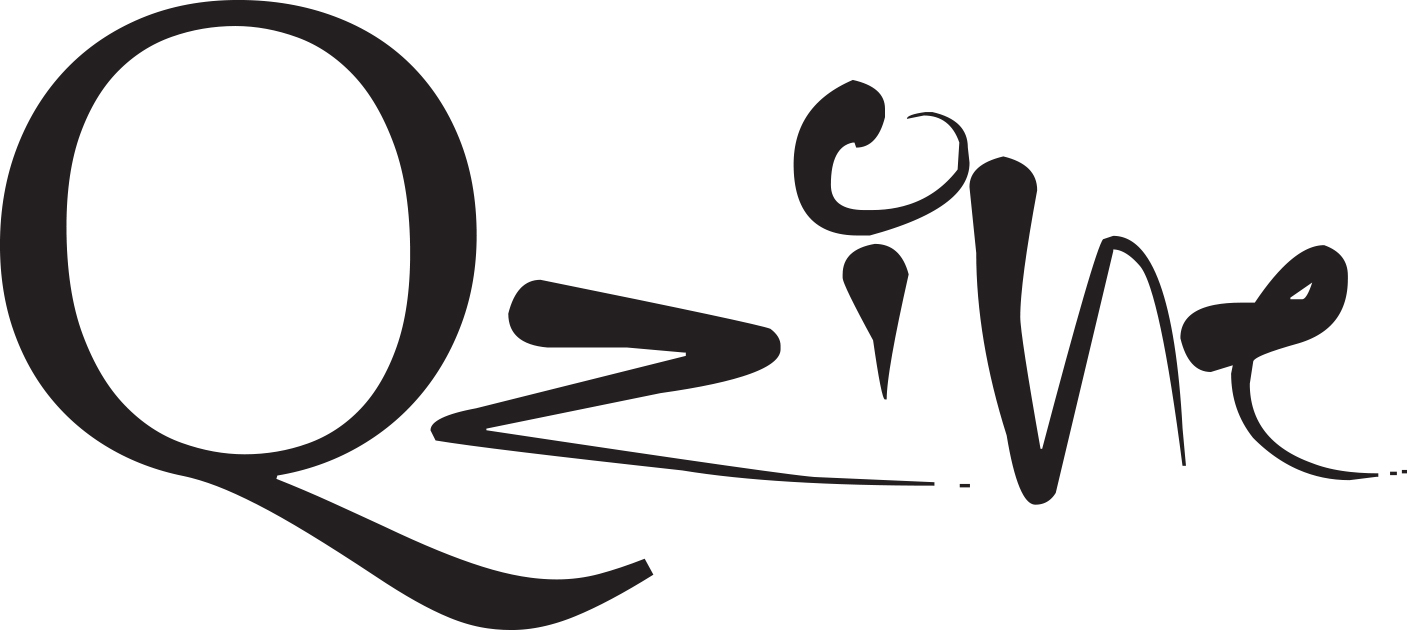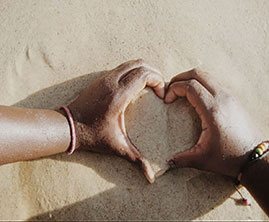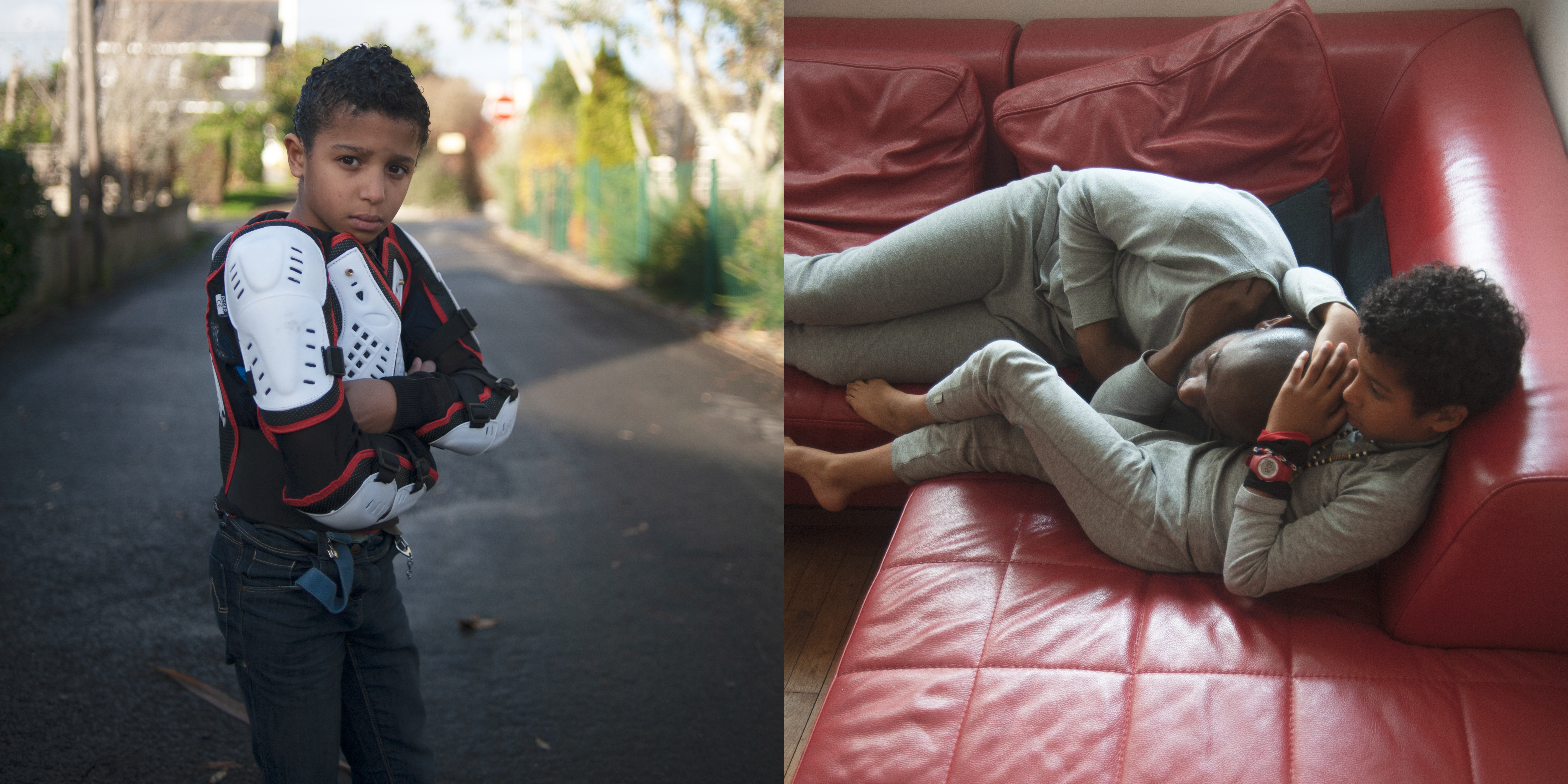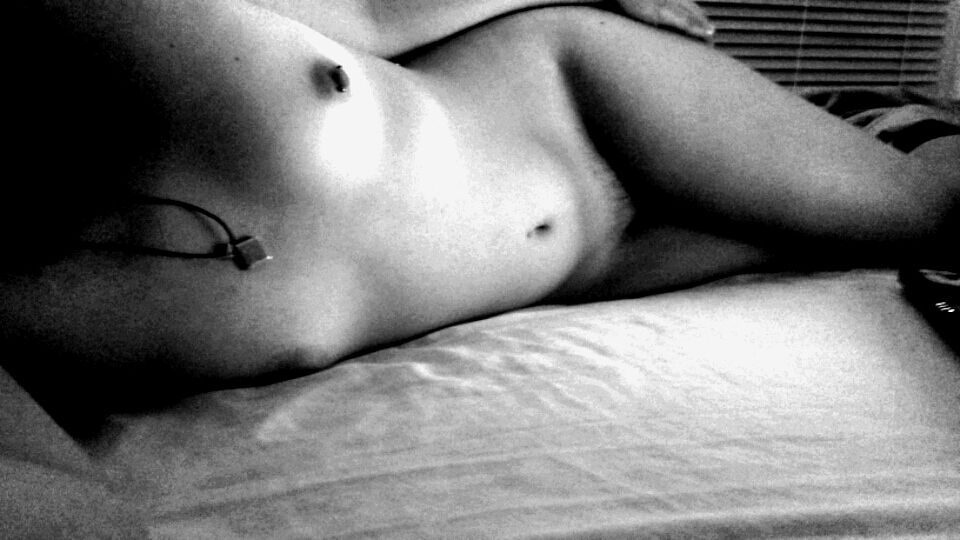Papa, If I was to tell that I am a Lesbian, Would You Still Love Me?
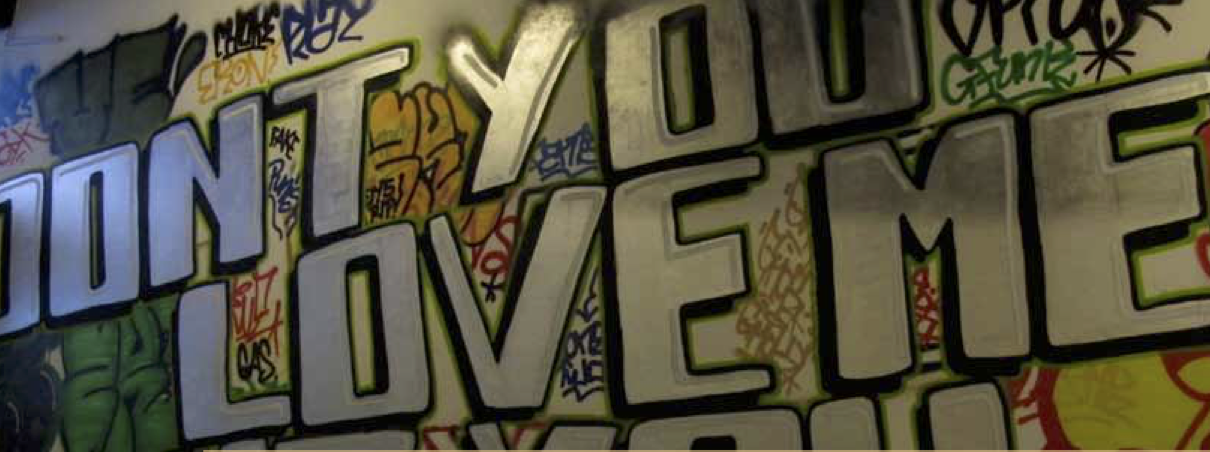
The day Sifa (well, let’s call her that) called me saying, “We are coming to see you”, somehow I knew we wouldn’t be talking about the latest hip bar, the latest hot woman or who was dating whom.
Sifa is what you can call one hell of a woman. A very tall, masculine woman with a big voice, she is always seen in the latest hip-hop fashions as seen in American music videos. Sifa is a 36-year-old lesbian, big, beautiful, and bold. She is well connected to the Congolese star system too, always hanging out with the most popular musicians. Some even ask her to look after their girlfriends/mistresses when they’re busy. She’s the sort of person who, shall we say, makes friends easily.
An orphan, Sifa is one of the numerous children of a well-known merchant who had made a fortune in wholesale business. We first met five years ago through a mutual friend who linked us after she found out I was an activist for lesbian and gay rights. Actually, Sifa and I had met before, very briefly, during our school days, but I did not want to remind her of this past connection.
I’m now getting to the real story. It all began when Sifa met another Congolese woman from abroad, on Facebook. Their friendship grew to a point where this woman decided to come back home after many years just to meet Sifa. The friendship turned into an intense relationship, which the woman’s family did not approve. The family went as far as to denounce Sifa to the police, claiming that she was recruiting under-aged girls to act in pornographic movies at her place.
The day Sifa and her older sister paid me a visit, I was meeting the sister for the first time and seeing Sifa for the first time since she had had some surgery. The sister informed me that for the last two days, Sifa had been living with her because of a situation with her father. The sister had come to see me so that I would realize how serious the situation was. Their father had summoned them this same day to a meeting, so they came to beg me to accompany them. The sister argued that I was the only person who could speak to their father and tell him what was going on in Sifa’s head, and possibly in her body. (She had seen me speak in public meetings and thought her father would listen to me as well.) They even had a car waiting for me to me navigate, as painlessly as possible, Kinshasa’s traffic jams.
In this whole experience, what really touched me the most was the sincerity of this well-known businessman, whom I was meeting for the first time. The still fit, sixty-year-old man greeted me in his well-decorated living room and proceeded to serve me water and snacks.
“Did you see what just happened?” he asked me. I could not understand what he meant by that. “Did you see how Sifa helped to start the generator? Before you got here, all the men in the house were desperately trying to figure out how to fix the generator. She gets here and in no time the thing is working again,” said the proud father.
Then I got it. When we arrived in this imposing house, there was no electricity, and all the men of the house were trying to get the generator started without success. Then came Sifa and her knowledge of all things electrical; in no time she started the generator.
“This was my first time meeting a homosexual with so much family support.”
Her father went on to tell me about how he built his wealth, step by step, with a lot of personal sacrifices. Growing up with a widowed mother, Sifa’s father recalled eating the same meal many days in a row, selling matches from town to town, using public showers at train stations to take his only shower of the day, until becoming the leading supplier of freight containers in the entire Congolese state.
He continued, “For the African that I am, it is very painful to hear people say that I offered my children’s soul to juju to become wealthy, even though I had them before my fortune. I already have a daughter who is not well. She has what they call ‘collepsie.’ She sleeps more than average people do. I had to send her to Europe for care and to avoid gossip. Now, my other daughter, Sifa, tells me she feels like a man in a woman’s body!”
I could hear the pain coming straight from the bottom of his heart. It was also the cry of a father who had just been forced to pay $5,000 to the police so that they would not jail his daughter. And this was not the first time he had to pay the police. It might not be the last either. He told me that even if he loved all his children, he felt that it was about time for Sifa to leave the family and think about alternatives in her life because her current choices were costing the entire family dear.
So here I found myself in the middle of this family drama because Sifa’s older sister had promised their father she would find a person who could explain Sifa’s sexual orientation and show him that Sifa wasn’t the only one. For Sifa the important thing was that I should convince her father that homosexuals could live happy lives, that they were as capable as anyone else of providing for themselves and that they did not have to rely on their family’s financial support.
I felt humbled by Sifa’s trust, but my friendship with her really started when I offered her a position in the NGO that I manage. Later, I learned that I had been very instrumental in sparking her interest in LGBT activism. Part of our work is to sensitize the thousand lesbians and queer women who use the center, dreaming of going to Europe or the US to live their sexuality openly. I constantly bring to their attention that no matter the context, gays face challenges everywhere. I usually argue that it is up to the LGBT and queer Congolese to fight for their rights and to stand up against police extortions that ruin their lives and rob their families. It is up to them to challenge the police arrests and rapes in prisons and to take on the system that forces us to leave schools because of our real or perceived sexual orientation or gender identity. These are some of the same arguments I presented to her father as well.
As for Sifa, who still dreams of going to live in the US, I have been asking her to reconsider her situation. She is worried that police extortion will ruin her father. I asked her to channel her anger, frustration, rage, and disappointment towards the struggle for gay rights in the Democratic Republic of Congo.
Meanwhile, I begged Sifa’s father to take back his daughter because she needs his understanding, love, and support to live as a lesbian in Kinshasa. Since this family mediation five months ago, Sifa has returned to her father’s home, after three months of self-imposed exile to clear her mind, and her father has shown his interest in becoming a spokesperson to support my organization to conduct similar family mediations. This was my first time meeting a homosexual with so much family support.
Whenever I think of this story, an image of a poster in my office comes to mind. It is a beautiful image of a a mother who is smiling at her child. The caption reads: “Mom, if you knew I was gay, would you still have loved me?”
